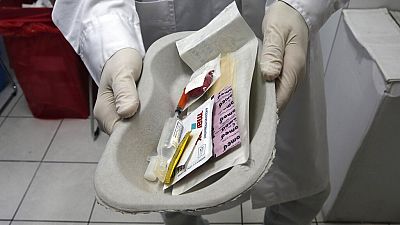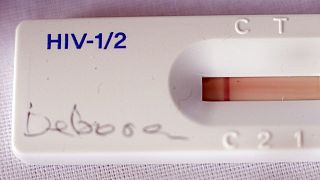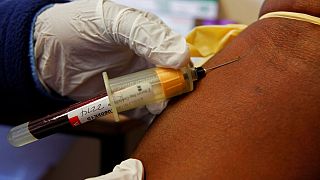Zimbabwe
Zimbabwe has approved the use of long-acting injectable cabotegravir (CAB-LA) as pre-exposure prophylaxis (PrEP) for HIV prevention, the first for Africa.
According to the World Health Organisation (WHO), "CAB-LA may be offered to people at substantial risk of HIV acquisition as part of comprehensive HIV prevention approaches".
In most African countries, it includes sex workers and LGBTQIA+ communities, sidelined from access to healthcare because of laws and societal segregation.
In June this year, WHO advised countries to take up this initiative after observing a surge in new HIV infections globally.
"HIV prevention efforts have stalled, with 1.5 million new HIV infections in 2021 – the same as in 2020. There were 4 000 new infections every day in 2021, with key populations (sex workers, men who have sex with men, people who inject drugs, people in prisons, and transgender people) and their sexual partners accounting for 70% of HIV infections globally," WHO said at the time.
Research carried out revealed that CAB-LA injections every two months were safe, well-tolerated, and highly effective in reducing the risk of HIV acquisition.
The United Nations Population Fund (UNFPA) is one of the organisations involved in Zimbabwe's HIV/Aids battle.
According to their statistics, HIV prevalence has declined from 26.5% in 1997 to 14.3% to date, which is the fifth highest HIV prevalence rate in the world.
There are fears that with Zimbabwe pushing for a R204-billion (US$12 billion) mining sector target, which will result in accelerated mining activities if health is ignored, the country's HIV prevalence rate could rise.














Go to video
WAFCON 2024/25: Road to the semi-finals begins
Go to video
U.S deportees put in solitary confinement in Eswatini: government spokesperson
00:52
US flagship HIV and AIDS programme saved from spending cuts - for now
Go to video
Togo holds first local elections since controversial power shift
Go to video
"No Substance": Burna Boy apologises for controversial statement about Afrobeats
01:09
Prince Harry visits Angola in repeat of Diana's iconic 1997 trip.